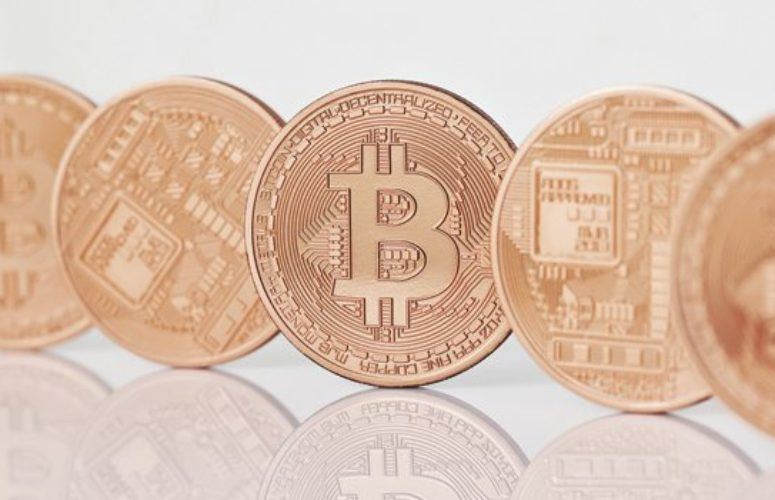
The Cryptocurrency Craze
Discover how Bitcoin is valued, who its users are, and where it’s headed.
By John Longo On Oct 16, 2018Bitcoin was perhaps the hottest investment story of 2017, rising roughly 500 percent last year to a peak of more than $19,000 per coin. The digital currency’s precipitous drop in 2018 has cooled much of the speculative fervor, but it’s unlikely that the cryptocurrency is dead. Nor is it likely to replace the US dollar anytime soon, if ever, as the world’s dominant currency. The truth is likely somewhere in between.
Bitcoin is the world’s first digital currency. Others have followed, but they are usually tied to Bitcoin or its smaller peer, Ethereum. Cryptocurrency is literally backed by nothing, but so are most of the currencies in the world today. That is, most are fiat currencies, meaning they are legal tender and backed by some governmental authority. In the US, from 1867 to 1933, it was possible to exchange currency for gold, but a formal gold-currency relationship no longer exists.
Part of the attraction of cryptocurrencies is that they are largely free from government control and there is no related central bank. Any asset, including Bitcoin, may be valued as a function of supply and demand. Since there is demand for Bitcoin and the supply is somewhat fixed, it must have a price. Demand comes from two broad sources, what some analysts have termed as people trying to get “off the grid” or “on the grid.”
Off the grid refers to participants who are trying to hide for some reason, such as those participating in the black market or trying to evade taxes. On the grid demand is perceived to be more legitimate and may come from those who see potential in Bitcoin, those diversifying from gold, and those operating in unstable financial regions. For example, hyperinflation in Venezuela resulted in a simple fast food meal costing roughly 20 million bolivars! Venezuela dumped its old currency and created a new one tied to a dubious cryptocurrency.
Currency investing, be it in Bitcoin or the Swiss Franc, is not for the faint of heart since there is no natural upward direction. Stocks tend to go up over time since the world economy expands and profits often increase as a result. Bonds also tend to increase since they usually have interest payments attached to them. The SEC has thus far rejected the creation of a cryptocurrency exchange-trade fund (ETF), a vehicle that would make it easy for investors to access digital coins.
Perhaps the biggest winner to emerge from the cryptocurrency boom is blockchain. Blockchain may be viewed as a near real-time, public ledger with the potential to revolutionize the way business is done and tracked. A lot of the “plumbing” of the world’s financial and commerce systems are old and inefficient. However, there is currently no Google or Microsoft of blockchain. That is, a lot of firms are engaged in the space, but no clear leader has emerged.
As with the development of the Internet, it will take decades for the true story of cryptocurrency to be told.
About the Author: John Longo is a professor of finance at Rutgers Business School – Newark and New Brunswick, and chief investment officer of Beacon Trust, a Morristown based wealth manager.
To access more business news, visit NJB News Now.
Related Articles:





